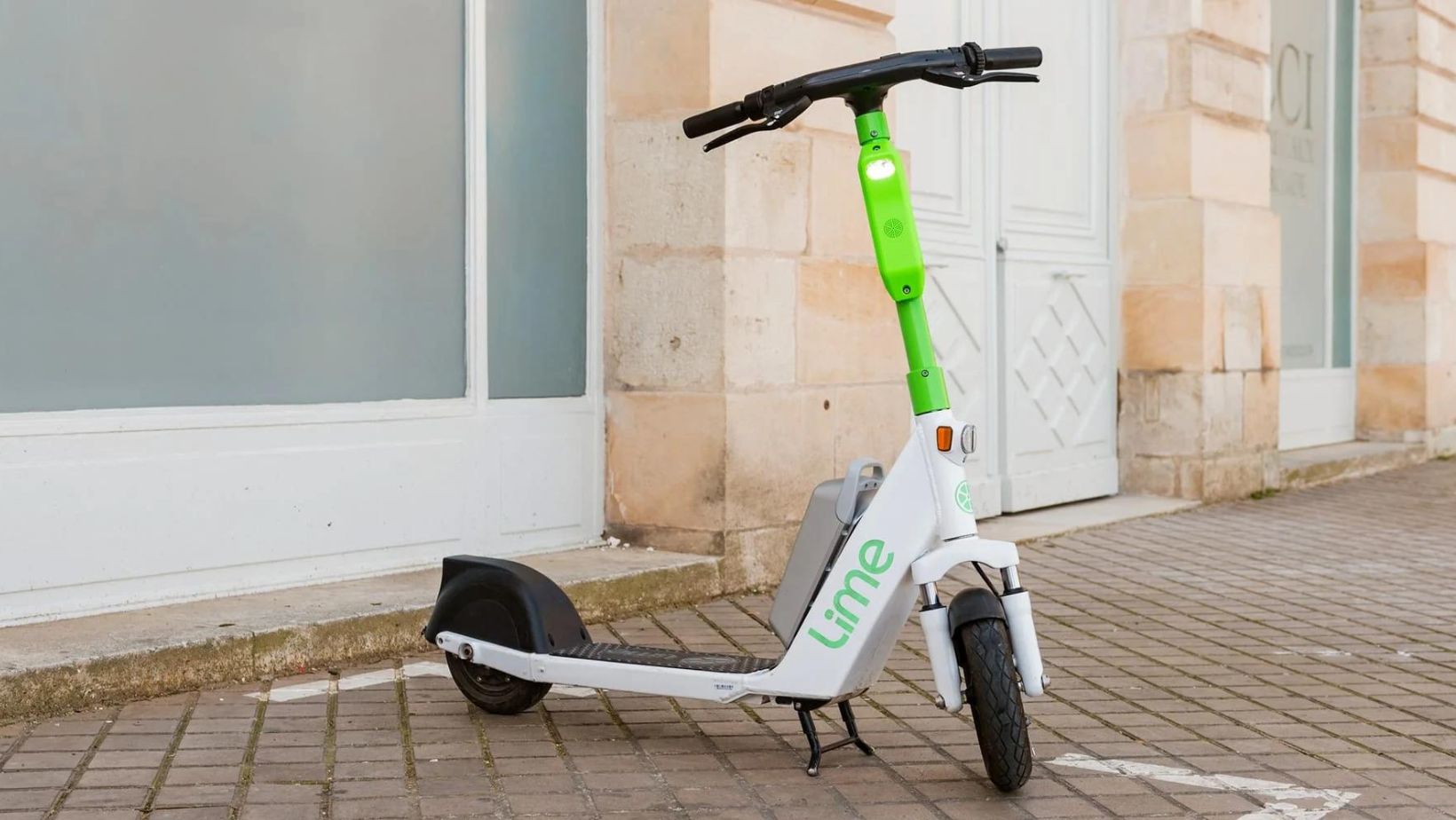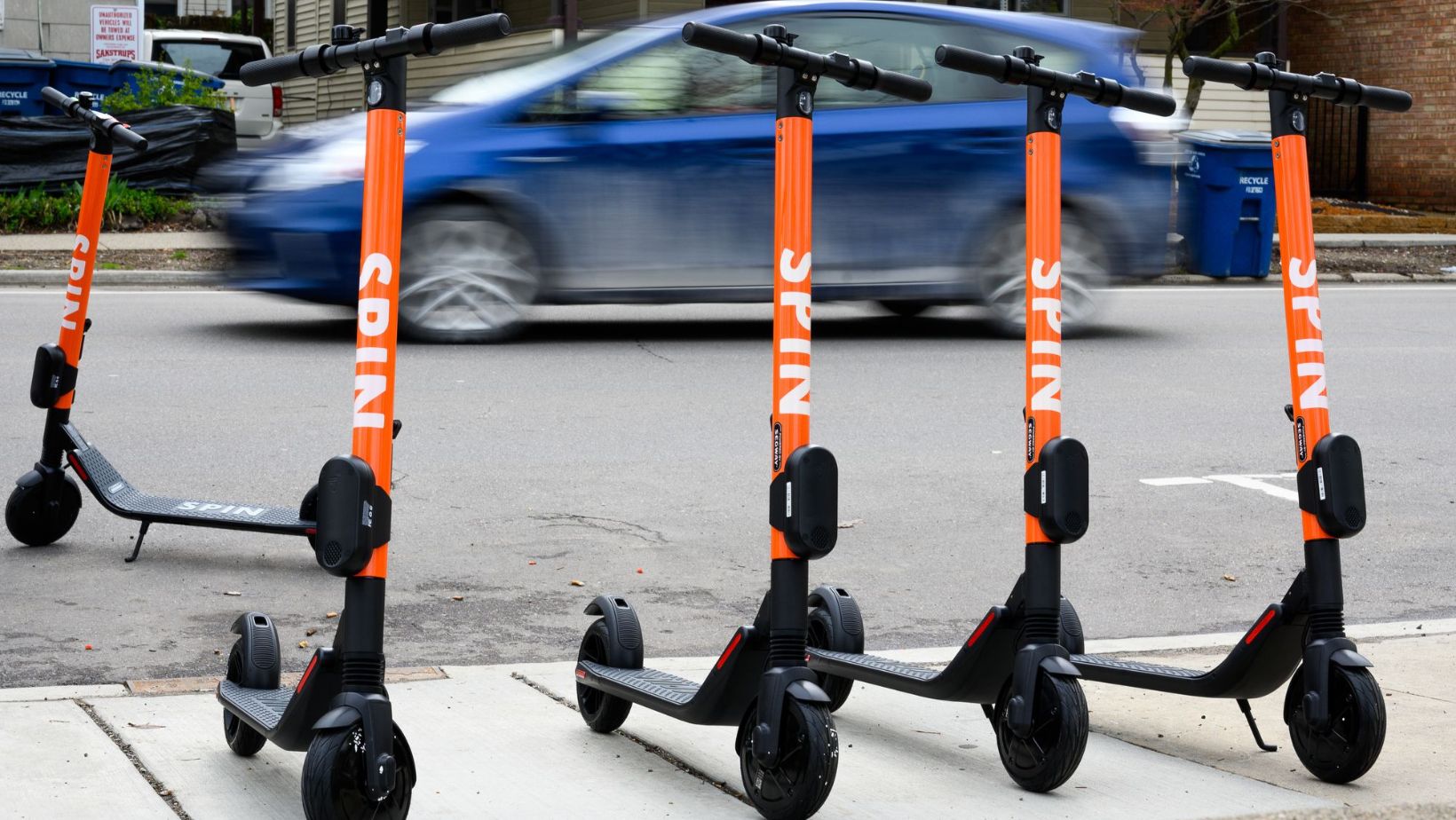Scooter Companies Like Bird
In recent years, I’ve seen a dramatic shift in the urban transportation landscape, and Bird scooters are at the forefront of this revolution. These electric-powered scooters have become an increasingly popular mode of transport for short trips around town. They’re not just fun to ride but also a convenient alternative to cars or public transit for many city dwellers.
Bird, along with other companies like Lime and Spin, is leading this wave of change. They present an attractive solution to the age-old problem of “last mile” transportation – that final stretch between your destination and the nearest public transit stop. Instead of walking or waiting for a bus, you can now hop on a scooter.
But it’s not all smooth sailing for these scooter startups. From regulatory hurdles to safety concerns, they’ve had their fair share of bumps along the way. Still, with millions invested in them and widespread user adoption, it’s clear they’re here to stay.
Market Competition: Other Players to Know
Analyzing Bird’s Major Competitors in the Scooter Market
When I take a look at the e-scooter landscape, it’s clear that Bird isn’t navigating this market alone. Several heavy hitters are vying for dominance, each with its unique strategies and strengths.
Lime, for instance, has been making waves since its inception in 2017. They’ve launched their services in more than 100 cities worldwide and have reported over 200 million rides to date. That’s not an easy feat to overlook!
Spin is another competitor worth mentioning. Founded in San Francisco back in 2016, they’re now operating in over 70 markets across the US and Europe. What sets Spin apart is their commitment to working closely with cities and universities to ensure their operations align with local regulations.
And let’s not forget about Voi! Hailing from Sweden, they’ve quickly spread across Europe boasting a presence in over 50 cities already!
Lime, Spin and Voi: Key Players Challenging Bird’s Dominance
It’s no secret that competition breeds innovation – and this couldn’t be truer when looking at companies like Lime, Spin and Voi challenging Bird’s dominance.
- Lime has focused on extensive geographical expansion coupled with robust partnerships such as Uber.
- Spin, instead of expanding rapidly like Lime or Bird, has been selective about its operations – focusing primarily on sustainable growth and community integration.
- And then there’s Voi, who have carved out a niche by targeting smaller European markets often overlooked by larger competitors.
Each company presents a unique challenge for Bird as they continue to disrupt the micro-mobility market space.

How Companies Similar to Bird Are Shaping the Market Competition
Competition within the scooter industry is fierce but beneficial. It pushes companies like Bird to continuously innovate while improving safety measures and user experiences.
Lime, for example, has integrated swappable batteries into their scooters to maximize usage and minimize downtime. On the other hand, Voi is piloting noise detection technology to tackle sidewalk riding – a common concern in many cities.
Spin’s focus on local partnerships sets them apart. Their approach might be slower but it fosters deeper relationships with communities they operate in and creates more sustainable operations.
In short, market competition isn’t just about who can flood the streets with the most scooters. It’s about who can provide a reliable service that meets user needs while respecting community values and regulations.
Comparing Bird with Competitor Scooter Companies
I’ve spent a lot of time analyzing and comparing scooter companies like Bird, Lime, Skip, and Spin. It’s clear that while they all offer similar services, there are key differences between them that set each one apart.
Bird has made quite an impact in the e-scooter industry since its inception in 2017. They’re well-known for their dockless electric scooters which you can rent through an app on your smartphone. But how does Bird stack up against its competitors?
While Bird matches Lime and Spin in terms of cost per ride, Skip charges slightly more for their per-minute fee.
In terms of geographical reach too, these companies don’t lag far behind each other:
- Bird operates in over 100 cities globally.
- Lime is available in more than 120 locations around the world.
- Skip serves select cities within the US.
- And Spin also has presence across various American cities.
What sets Bird apart from its competitors is their commitment to sustainability with initiatives like “Save Our Sidewalks”. This pledge ensures that they don’t overcrowd sidewalks with unused scooters—something not all scooter companies can say they do.
















